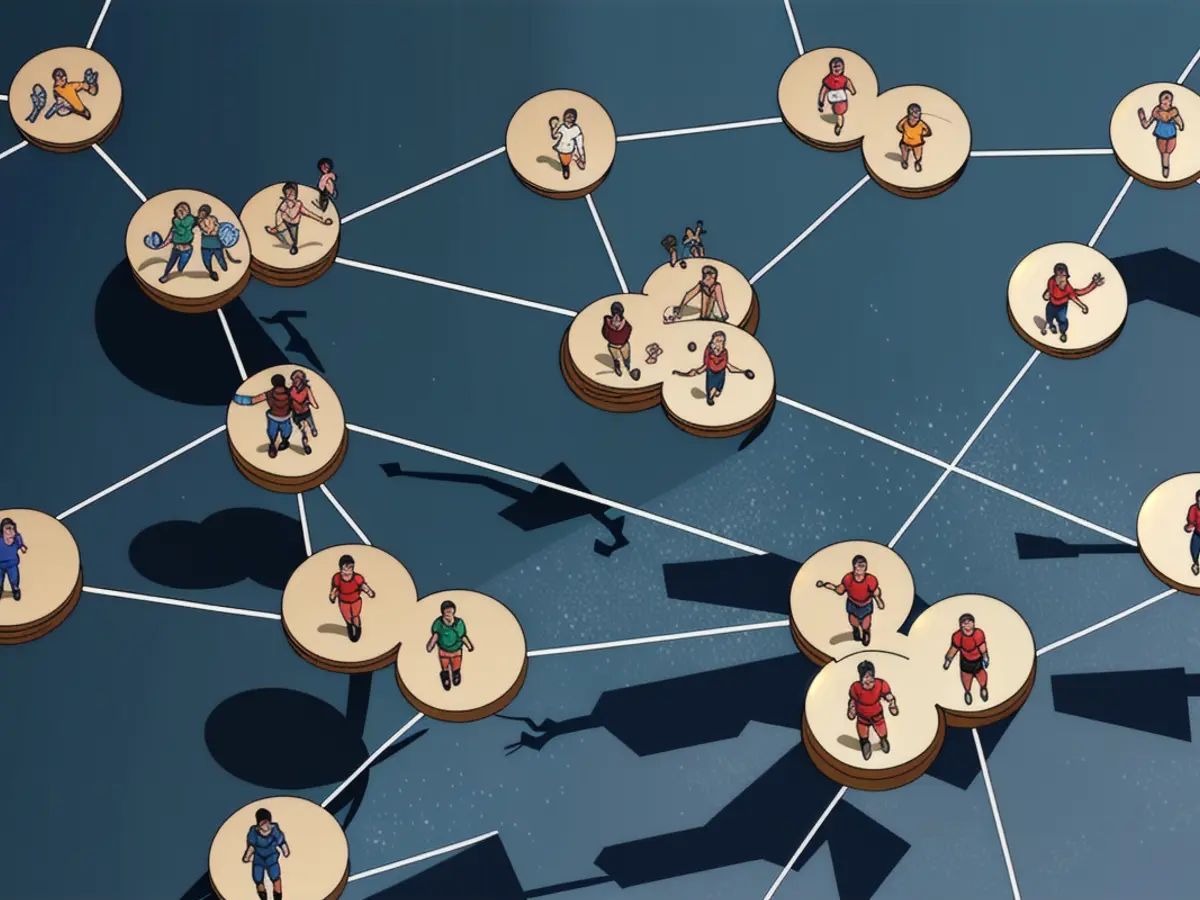Adaptive Leadership Fosters Resilience Within Organizations
In the rapidly-evolving business landscape of today, resilience is the key to success. Something akin to Mother Nature's own playbook can guide modern leaders towards building robust organizations that can thrive amidst uncertainty.
In the heart of an Amazon rainforest, you won't find any indispensable species. If one vanishes, there's always another to take its place. This built-in redundancy is a cornerstone of ecological resilience, yet it's often overlooked in business circles. Companies, in their quest for efficiency, tend to slash costs by eliminating backups and streamlining supply chains. However, in practice, this approach may impede long-term adaptability and leave your business vulnerable when disruptions strike.
A top-down, rigid structure is ill-equipped to navigate volatile conditions. In contrast, nature favors decentralized systems, such as neural networks and ant colonies, where decision-making happens at multiple levels. The same holds true for business, with flatter organizational structures empowering teams to make swift decisions and stay nimble. Decentralized companies react far more effectively to crisis situations than those bogged down by hierarchical bureaucracies.
Biological systems are not about sudden reinvention – they adapt incrementally. Birds, for instance, don't evolve new wings when climates shift; they adapt their migration patterns instead. Similarly, embracing continuous improvement strategies like Kaizen can help your business stay ahead of shifts in market demand and evolving competitive pressures. Unlike waiting for crises to strike, embracing ongoing, smaller adjustments allows your company to thrive.

Adaptability is now the ultimate leadership differentiator, and those who refuse to adapt risk being left behind. The smartest leaders see unpredictability as an opportunity for growth and innovation. By prioritizing long-term sustainability over short-term profits, they build a culture that fosters experimentation, learning, and the willingness to fail and rebound.
By adapting these biological principles to organizational strategies, you can create a resilient business that's built to thrive in an era of uncertainty. Embrace redundancy, decentralization, and continuous adaptation, and you'll have a company that not only withstands challenges but also grows because of them. In an economy where disruption is the norm, adaptability is the ultimate competitive edge.
- Economic uncertainty necessitates business resilience, a trait that can be emulated from nature's own playbook, allowing organizations to thrive by adopting redundancy and decentralized leadership strategies.
- Executive leadership in the modern business landscape should prioritize adaptability, navigating unpredictability as an opportunity for growth and innovation, while fostering a culture that focuses on long-term sustainability over short-term profits.
- In the quarterly reports of a resilient business, human capital trends indicate an emphasis on organizational agility, workforce adaptation, and supply chain strategies that incorporate lessons from biological systems, allowing them to adapt incrementally and stay competitive in an era of economic uncertainty.



